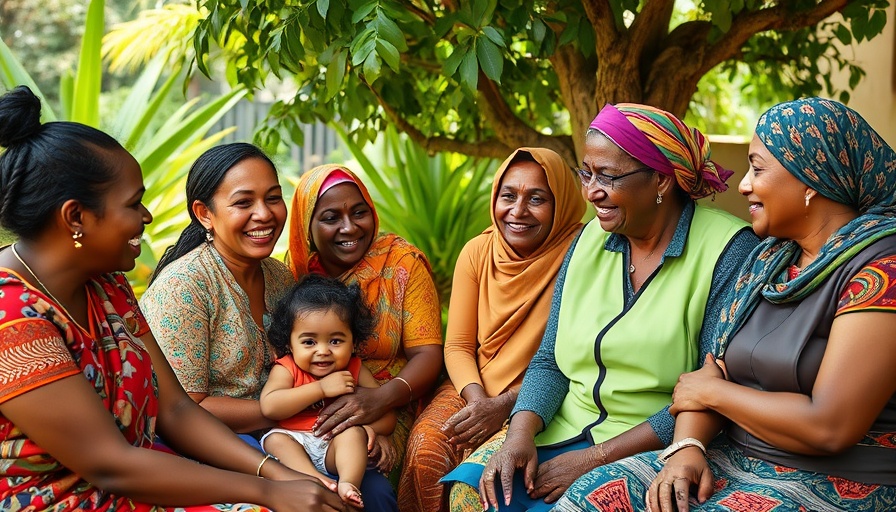
Global Plastic Pollution Treaty Talks Are Just the Beginning
The recent talks surrounding the global plastic pollution treaty have concluded without a binding agreement, with nations like South Africa advocating for more substantial commitments from developed nations. This impasse signals not only the complexities of international negotiations but also highlights Africa's growing role in addressing crucial environmental issues on the global stage.
African Leadership in Global Environmental Governance
Countries leading the negotiations, particularly in Africa, are urging advanced economies to recognize their responsibility in tackling plastic waste. This is a pivotal moment as African nations, traditionally on the receiving end of international discussions, are stepping up to shape the narrative and influence outcomes that directly affect their environment and economies.
Why Africa’s Engagement Matters
The need for a comprehensive convention against plastic pollution is urgent, given Africa's vulnerability to environmental degradation. Insights from the United Nations Environment Programme (UNEP) reveal that African countries are keenly aware of how environmental policies intersect with trade and investment, positioning them to enhance governance while fostering sustainable economic growth. Such dialogues emphasize the interconnectedness between ecological health and economic opportunities.
The Broader Implications on Trade and Investment
As Africa pushes for more significant roles in global treaties, investors and policymakers must adapt their strategies to consider emerging environmental regulations and sustainability benchmarks in potential investments on the continent. The upcoming negotiations could redefine trade policies and create new avenues for cooperation, particularly between Africa and other major global players.
Looking Ahead: What’s Next?
With treaty negotiations slated to resume, the question remains: how will African nations continue to advocate for their interests? Stakeholders can leverage this moment to rethink approaches to governance and environmental sustainability. Taking an active role today means preparing for the future landscape of global trade where environmental accountability is paramount.
The ongoing efforts at the UNEP underscore the necessity of collaboration, urging nations to 'remain at the table' for future discussions. As this issue continues to evolve, both businesses and governments must remain vigilant and informed, recognizing the significant influence these environmental agreements will have on Africa’s future.
 Add Row
Add Row  Add
Add 


Write A Comment